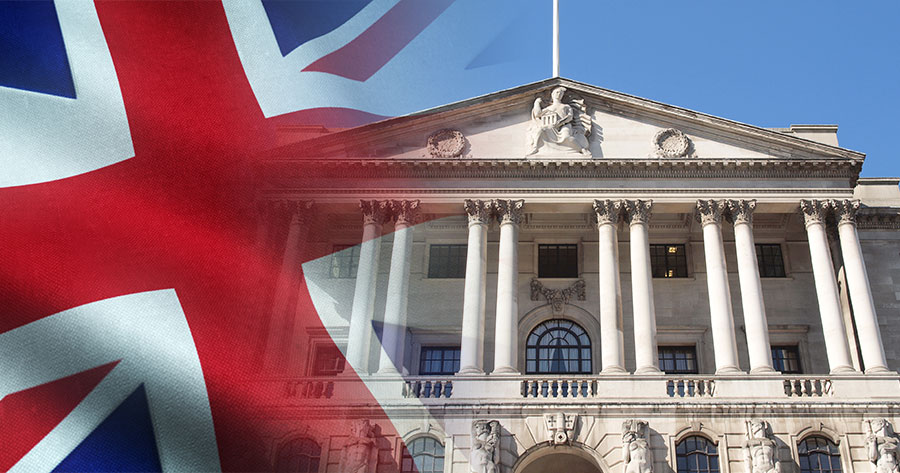In a move predicted by financial markets, the Bank of England’s monetary policy committee voted to decrease the base rate from 5% to 4.75% to alleviate financial pressure on households and businesses amidst high borrowing costs. Nonetheless, the bank cautioned that Rachel Reeves’s budget could prolong inflation above the 2% target.
Despite lowering interest rates, the Bank of England warns of inflation challenges ahead due to Rachel Reeves’s budget decisions, which are expected to impact both inflation and GDP growth.
The Bank of England’s decision comes as the chancellor’s additional spending and tax measures are anticipated to boost economic growth while simultaneously putting upward pressure on inflation. This dynamic is likely to spark criticism from government opponents.
Furthermore, the bank highlighted that the chancellor’s plans, including the increase in employer national insurance contributions and the national living wage, are expected to contribute to a 0.5 percentage point rise in headline inflation and a 0.75% increase in GDP.
Governor Andrew Bailey hinted at potential future reductions in borrowing costs, although he emphasized the need for a cautious approach due to concerns about sustaining above-target inflation levels in the economy.




